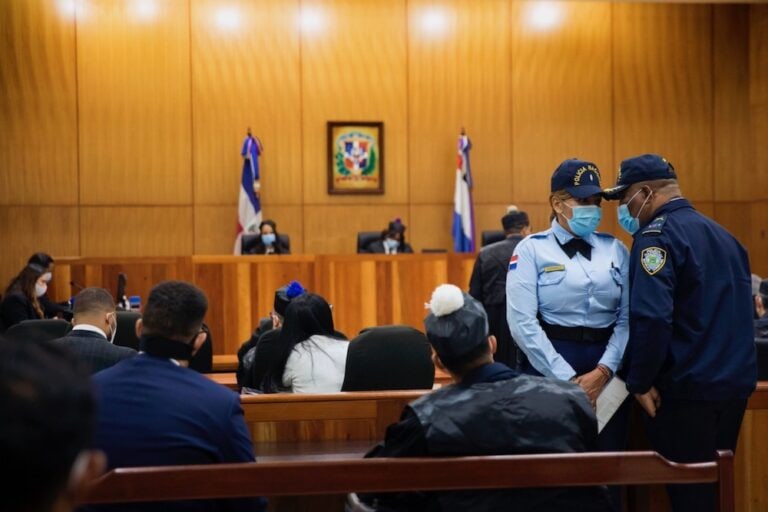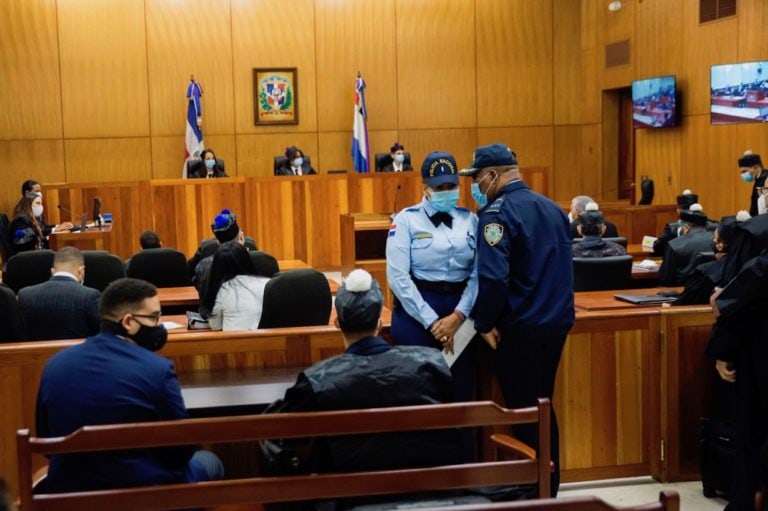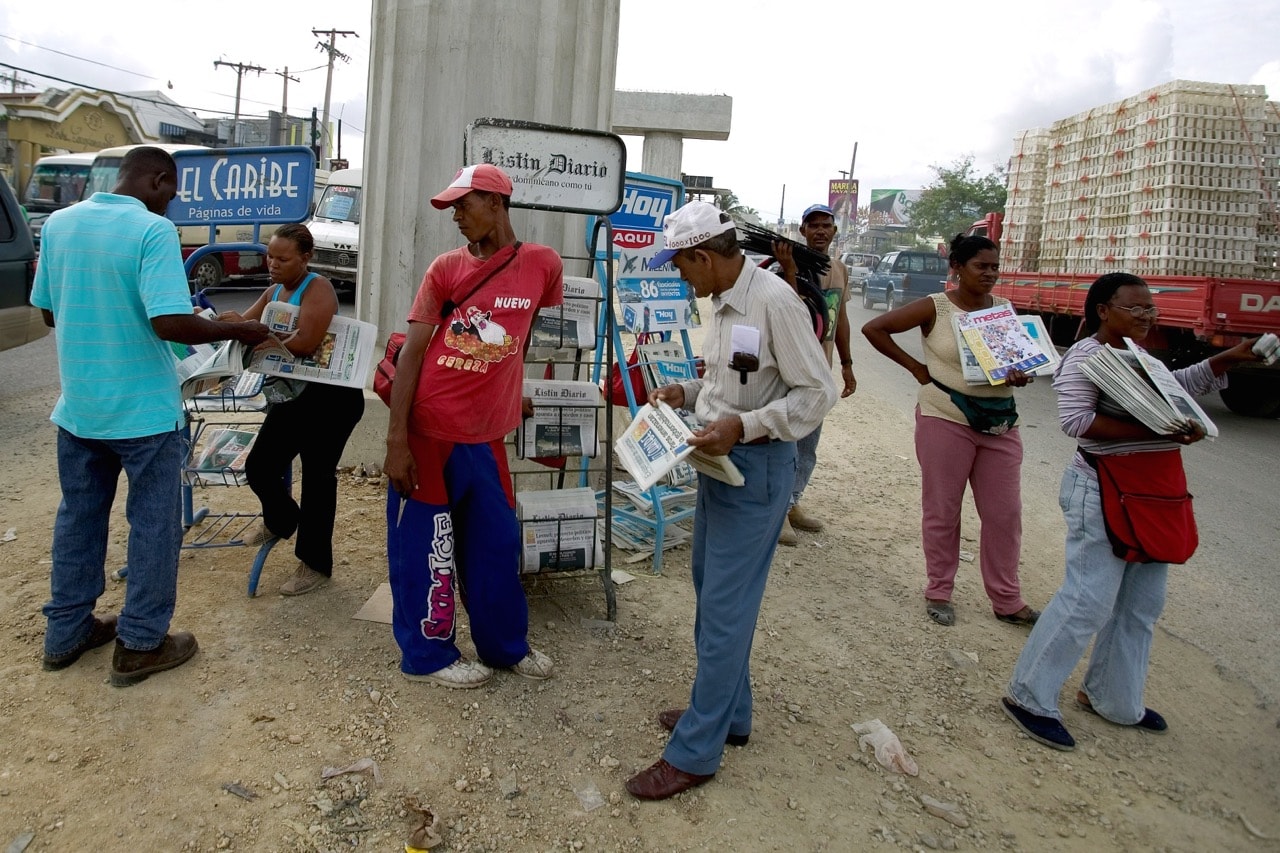Melton Pineda is the second Dominican journalist to face prison for defamation in 2012, following the January conviction of Johnny Alberto Salazar, whose case was later overturned on appeal.
(IPI/IFEX) – VIENNA, Sept. 14, 2012 – The International Press Institute (IPI) today condemned a judge’s ruling yesterday in the Dominican Republic that sentenced a journalist to three months in prison for defamation.
Melton Pineda is the second Dominican journalist to face prison for defamation in 2012, following the January conviction of Johnny Alberto Salazar, whose case was later overturned on appeal. The verdict against Pineda comes just three months after IPI visited the Dominican Republic on a press freedom mission that focused on the repeal of criminal defamation.
According to Dominican media reports, Pineda had alleged that another journalist, Marino Zapete, had covered up crimes committed by the office of a police captain, Pedro de Jesús Candalier, while working as an official spokesperson for the national police.
On Jan. 11 of this year, during a program on the radio station Z101, where he previously worked, Pinea reportedly called Zapete “irresponsible” and alleged, “he knows that he covered up many crimes commited by the police.”
Zapete originally sought to have Pineda spend six months in prison and pay a fine of RD$ 50 million. Upon finding Pineda guilty, Judge Awilda Reyes reduced the figures to three months and a fine of RD$100. Pineda was, however, ordered to pay RD$ 50 million (€971,000) to Zapete in civil damages. A full reading of the judgment is expected to take place on Thursday, Sept. 20, reports say.
Pineda’s lawyer, in announcing his client’s intent to appeal, declared, “[Judge] Awilda Reyes violates Supreme Court precedent that held isolated phrases cannot be considered defamatory when considered out of context.” He added: “The sentences calls for damages of RD$5 million when the normal amount of damages awarded in homicide cases in RD$ 1 million.”
The Dominican Journalists Union (CDP, according to its Spanish acronym) told IPI it had unsuccessfully attempted to mediate between the two men, both of whom are members of the union. The union’s president added that the CDP opposed the use of criminal law in libel cases.
IPI Deputy Director Anthony Mills said: “IPI rejects the use of criminal penalties for defamation and we urge appeals courts to throw out both the jail term and the fine in the judgment against Melton Pineda. Civil suits are the sole appropriate avenue for resolving libel claims, as long as damages are proportionate to the harm done and aimed at restoring reputation rather than silencing journalists or media outlets.”
Mills added: “We call on Dominican Republic authorities to accelerate reforms to laws that affect the media, particularly Law No. 6132, on the Expression and Diffusion of Thought, and the country’s penal code, both of which criminalise defamation. Criminal defamation laws are redundant and far too often are used as a state tool to chill opinion or squelch investigations.
IPI representatives, including Executive Director Alison Bethel McKenzie, traveled to the Dominican Republic in June to lobby for the removal of criminal libel and “insult” laws as part of its broader campaign to repeal criminal defamation in the Caribbean. A final report on the mission will be released next week.
Last week, Bethel McKenzie issued an op-ed, reproduced in leading Caribbean media, on the dangers criminal defamation laws pose to the free exercise of journalist. Futher information on IPI’s campaign and on criminal libel can be found on the campaign web page.


